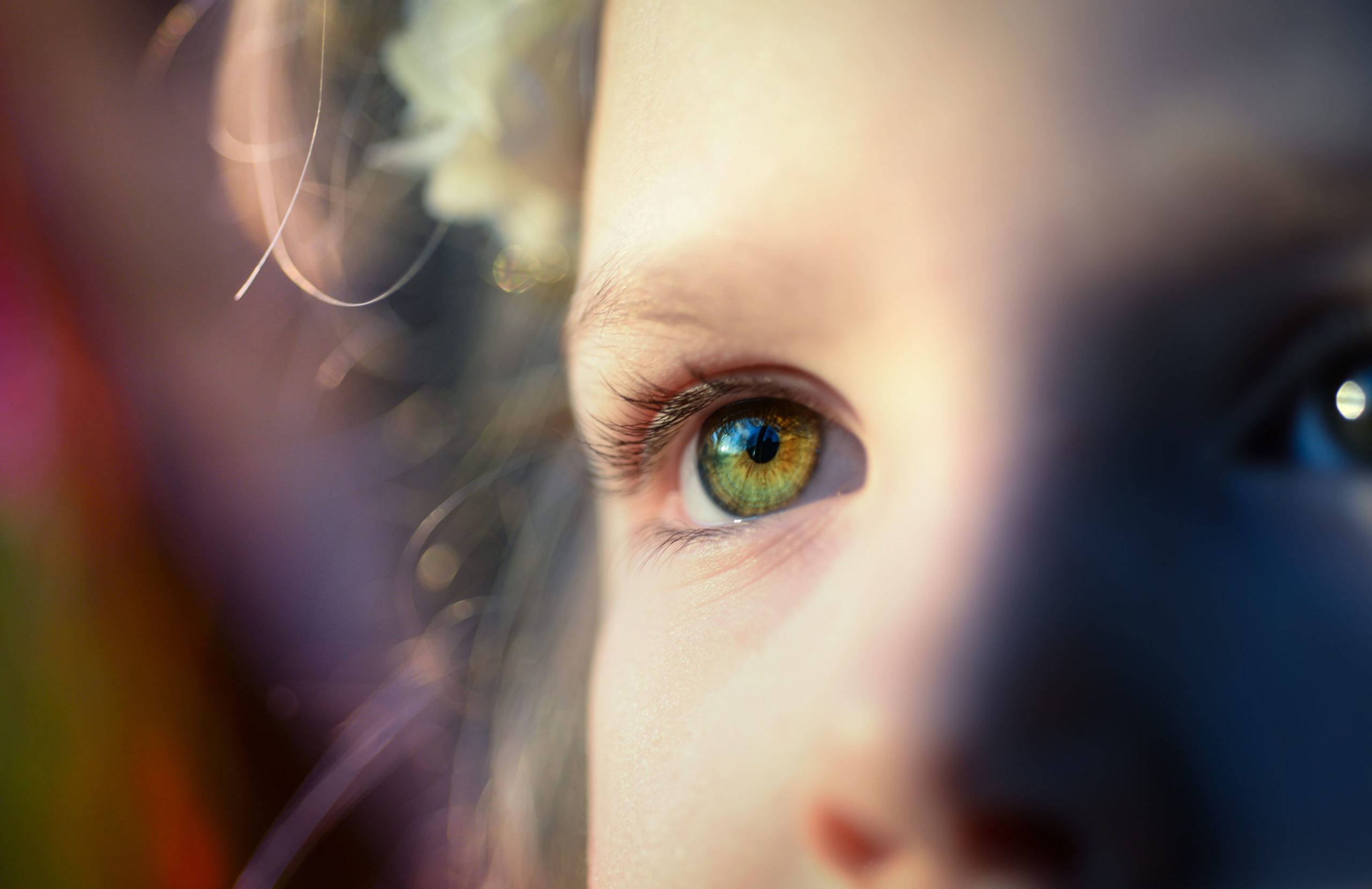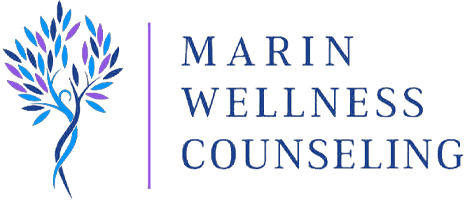Is Your Family Dealing with Child ADHD or Childhood Trauma? Why It’s Important to Find Out

Figuring out what your child is going through is hard. Tears could either mean that they seriously hurt themselves or that their favorite TV show doesn’t start for another hour.
It takes time for a child to learn how to articulate their thoughts and feelings. Until then, we make guesses about what they need. In the past, adults assumed that kids with poor eyesight were less mentally capable than their peers.
On the outside, these kids answered questions wrong and got easily distracted in class. Could it be ADHD? Or is it just that they can’t see the board and therefore cannot learn? Now, we know that all the child needed was a pair of glasses.
Today, Child Traumatic Stress can be mistaken for ADHD in the same way. So let’s pause, dig deeper, and ask ourselves, “Is my child really dealing with ADHD, or is it trauma?”
Adverse Childhood Experiences (ACEs)
As most of us in the psychology world know, the things that happen to us during childhood greatly determine how we fare as adults. That’s why we use Adverse Childhood Experiences (ACEs) to measure someone’s risk for trauma-related illness.
Consider how many of these questions your child (or you, since your trauma could affect how you parent them) would say “yes” to. Before you turned 18…
- Did you ever feel you had to wear dirty clothes, didn’t have enough to eat, or like there was no one protecting you?
- Did you lose a parent’s presence through divorce, abandonment, death, or other reasons?
- Was anyone in your household struggling with depression, other mental illnesses, or attempted suicide?
- Did any household members have a drinking or drug abuse problem?
- Did one parent ever hit, punch, beat, or threaten the other parent with physical violence?
- Was anyone in your home ever incarcerated?
- Did your parents often swear at you, insult you, or purposely hurt your feelings?
- Were you ever hit, kicked, beat, or physically harmed by your parents?
- Did you ever feel that no one in your family loved you or saw you as someone special?
- Did you ever experience nonconsensual sexual contact with an immediate family member, ranging from inappropriate touching to penetration?
Ability to Cope with Childhood Trauma
There are a couple of things to keep in mind as you mull over yours and your child’s results.
First, ACE scores don’t count the positive experiences we have as children that teach us how to cope with life’s darkest days. The test also fails to acknowledge your biggest supporters that live outside of the home—grandparents, teachers, neighbors, friends, etc.
Having a strong support system outside your home is imperative to building mental resilience, overcoming trauma that started in the home, and lowering one’s risk of trauma-related illness. If your child is dealing with even one ACE and has no way to cope with it, you may have gotten comments about their behavior.
Conflating Trauma with Child ADHD
Adults who aren’t aware of their child’s trauma may fail to recognize that they have unmet needs and instead only see them as too distracted. Then, their inability to focus takes the spotlight. That’s why many kids facing trauma are misdiagnosed with ADHD. They tend to react to their trauma by acting out with big emotions, acting impulsively, or staring off into space in class.
While these are symptoms of ADHD, they’re also symptoms of Child Traumatic Stress. The difference lies in the cause. Living in a stressful home environment will not cause ADHD, but it could agitate its symptoms.
It’s important to note that being a good parent doesn’t mean doing everything perfectly from the moment your kid is born to the day they graduate high school. Being a good parent means recognizing when your child is struggling, admitting when you don’t have the tools to help them, and finding someone who does.
If you think your child may be struggling to cope with stress, trauma, or ADHD, reach out to our office today. By working with a mental health professional, we can get closer to understanding and healing the real barriers that hold your child back from success.

